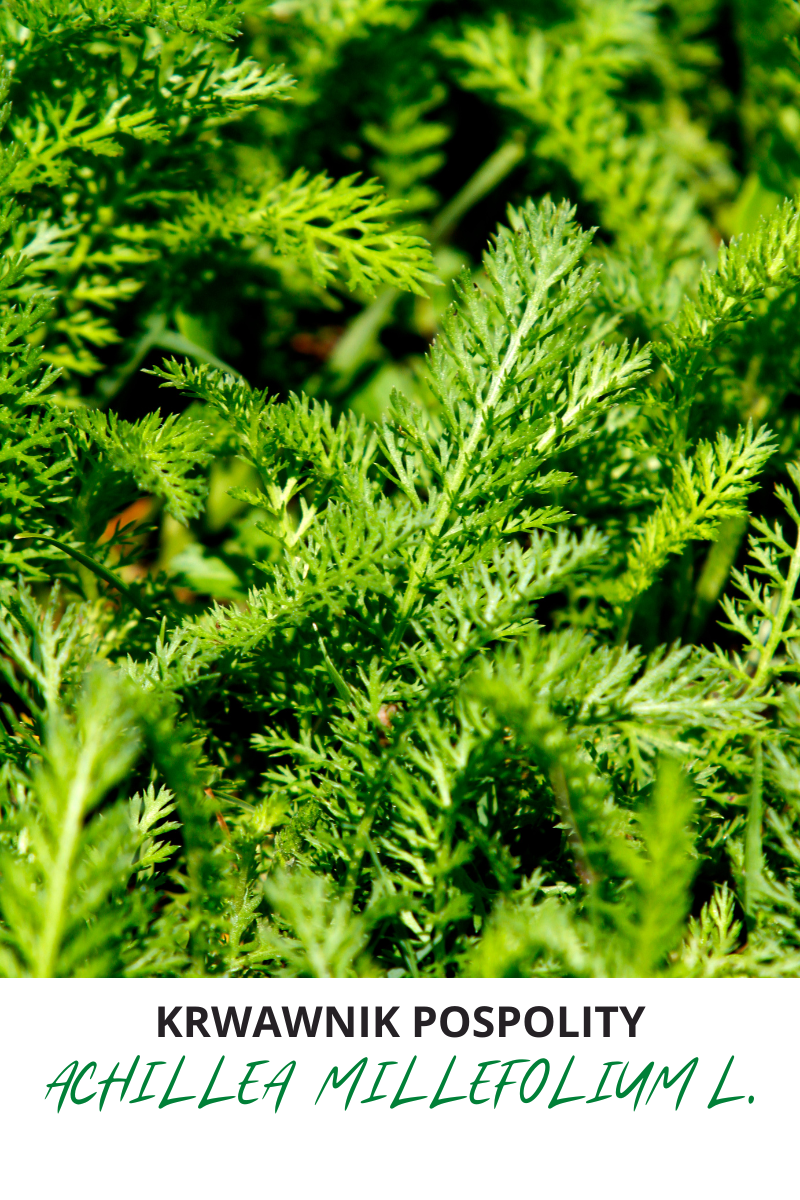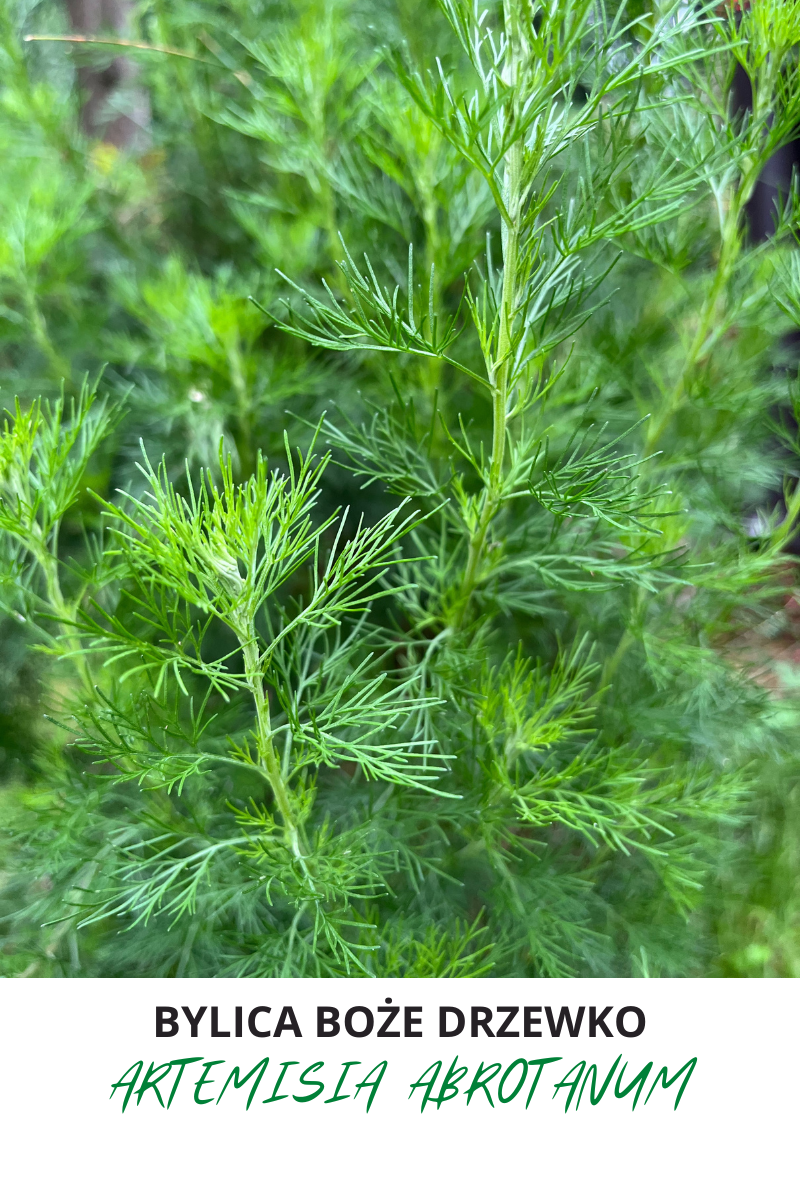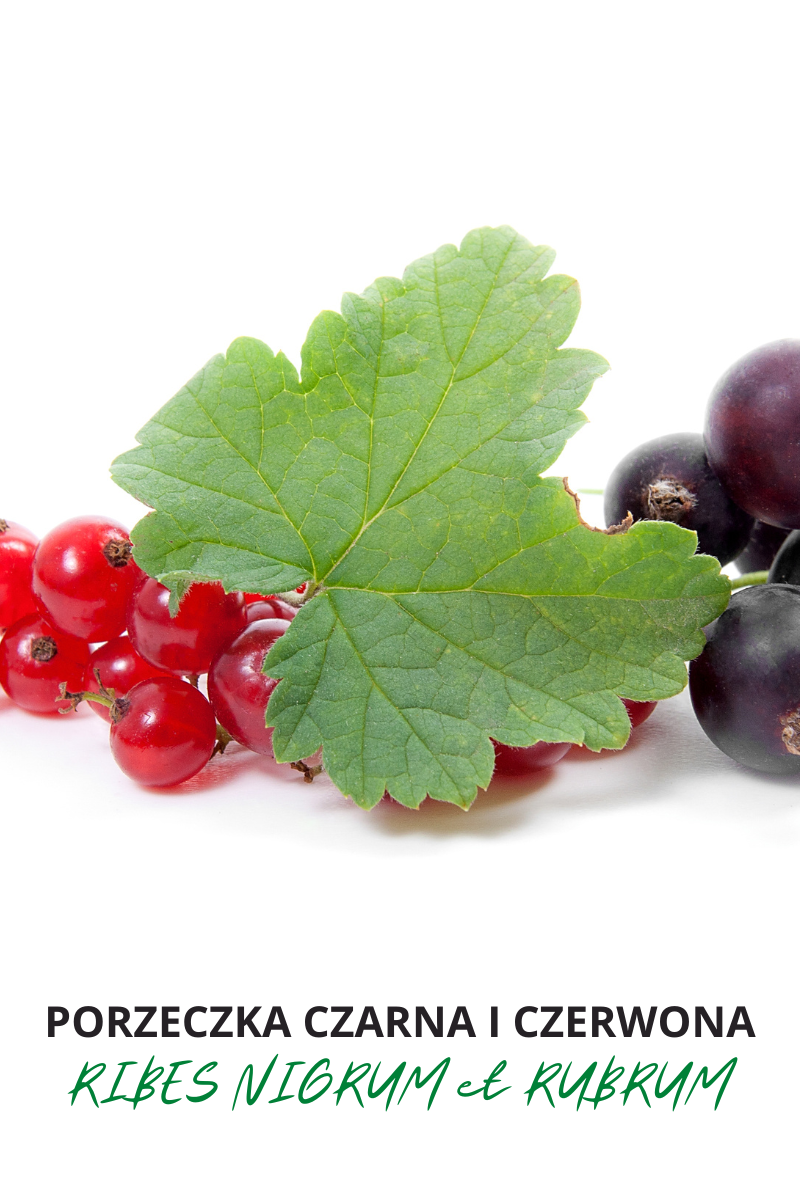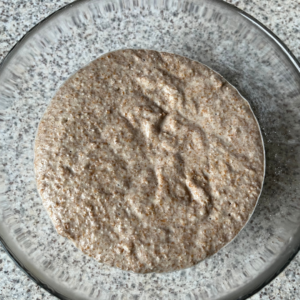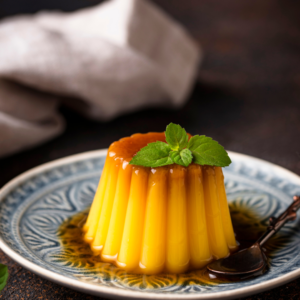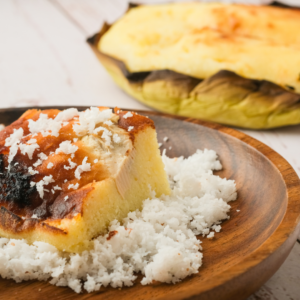Marchew Zwyczajna
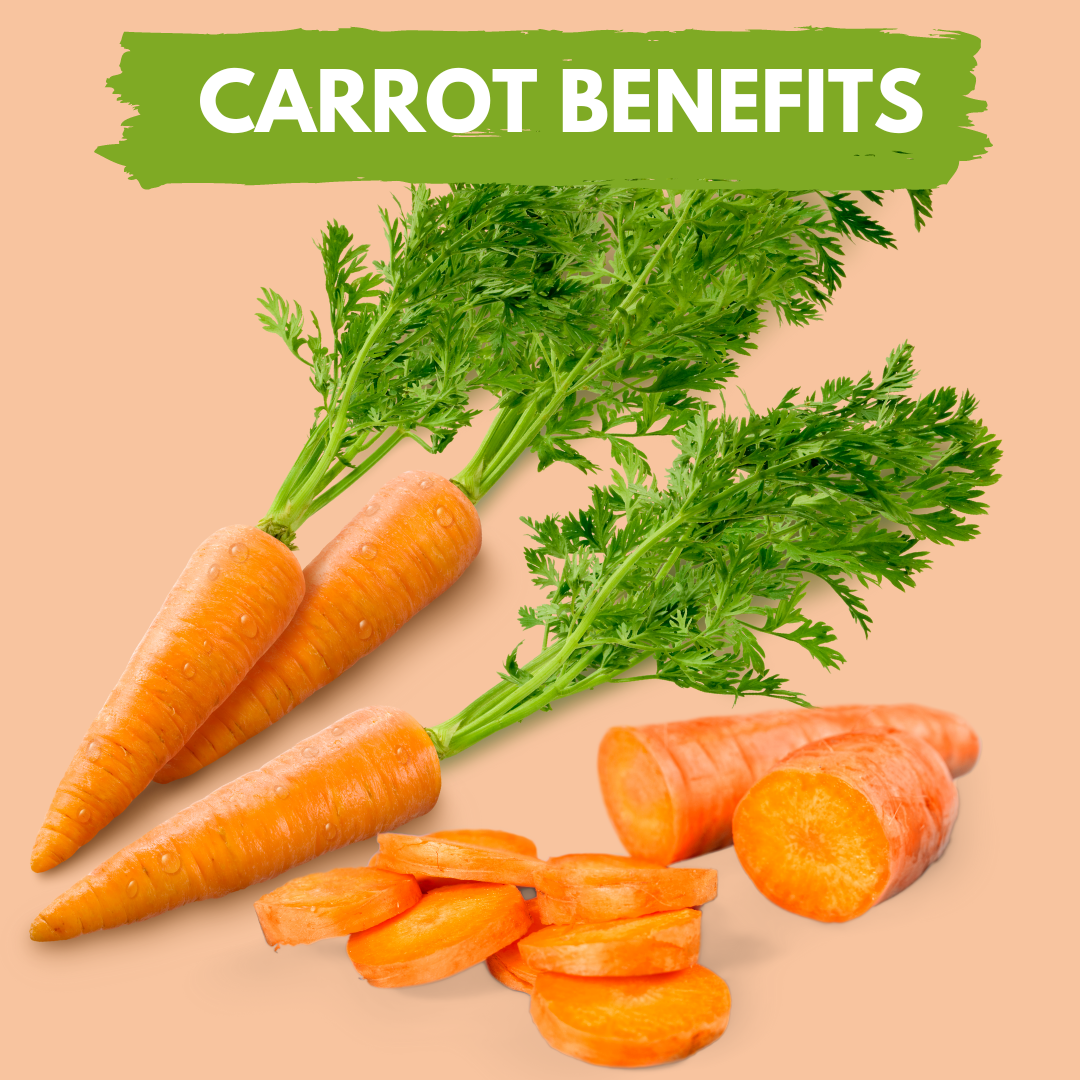
Latin Name or Scientific name: Daucos Carota L.
Family: Apiaceae
Carrots Species:
Celery , Radish, Tomato, Potato, Onion, Parsley, Cumin, Lettuce
Name in other languages:
Marchewka – in Polish; Karot- in Philippines; Mrkev Obecná- in Czech; Morkov’- Russia; Gulrót- Iceland; Ninjin- Japan
ABOUT CARROT
Carrots are roots vegetable that were first grown around 900 ADS, in Central Asia called Persian region and now it is name as Iran and Afghanistan; and eventually domesticated in the Continent of Asia in 10th century before introduced to the continent of Europe after Two centuries. Originally the carrot is white and Purple, then during the time when the Carrots is already introduced to Europe, Dutch growers developed the sweet and plumped orange Carrots. They soon became popular, then European colonization introduced this vegetable to the American continent. Today, although orange carrots are still the most popular that we can find in a big supermarket and in the Garden,
old-fashioned vegetables are making a comeback, bringing the yellow or purple carrots of olden times back to our tables.
Carrot vegetable cultivated from its seeds and leaves, this biennial plant can reach 2-4 feet tall; Stem is hairy and branched with measure 60cm-200cm in height; The Carrots leaves are altered, spirally arrange and pinnately compound. The roots diameter can range from 1cm to as much as 10cm at the widest part. The root length ranges from 5cm to 50cm. Although most are between 10cm and 25cm. The carrot has a white flower called UMBEL, in each UMBEL contains several smaller UMBERS called “UMBELLETS” AND CONTAINS 50 umbellets in 1 UMBEL, the follower of Carrots has an assorted color such as white, light green, or yellow tint. Best month to plant Carrot is in between of April-October Months.
Active Substances:
- Volatile oil and Fixed Oil
- Carotin and Lecithin
- Phosphatide and glutamine
- Sugar and D-glucose
- Malic Acid and Pectin
- Asparagine and Inosite
- Calcium and Iron
- Antioxidants
Actions:
Carrot is magnificent in providing Vitamin A to the human Body, one serves of this vegetable can provide 186% of daily value of human needs vitamins. This vegetable is often claimed as perfect healthy food due to its nutrients that can provide to our health.
For use:
Since Carrot is high in Antioxidants that protect cells from free radical that might causes of Cancer, Heart Problem, and diseases. Using Carrots to make a Detox juice is a smart choice, every morning for 7 consecutive days is a great Idea. This can help to detoxify the toxins in the body.
Skincare:
Since Carrot is rich in Antioxidants, that can help increase cell turn over, brighten skin, and reduce skin inflammation into our sensitive skin face. You can use a carrot as face mask for 15 minutes; Carrot face mask gives you glowing spotless skin. It rejuvenates your skin by removing dead cells. Vitamin A in carrots flushes out excessive oil and keeps the skin fresh and free of toxins. It works great for oily skin and hydrates the skin and improves its complexion.
Kitchen:
Carrot is a very well-known vegetable and can easily be found in many supermarkets and popular in many kitchens. The carrots can be made pickled, soup, salad, and many more. Carrot is one of the vegetables that is versatile in kitchen.
Side effects:
Consumption of too many carrots every day will not automatically result, it will happen only a few weeks that you can see a changes on skin. Too much Beta carotene consumptions can result of
orange-yellowish skin pigmentation; This condition is called “Carotenemia.” However, this is harmless and can be treated easily. The recommended amount of carrot consumption is no more than 3 medium carrots size a day. This can help balance the Beta Carotene intake for the daily needs of Human body Health.
Sources:
https://www.webmd.com/food-recipes/benefits-carrots
https://www.saludjuicery.com/post/how-long-should-you-do-a-juice-cleanse
